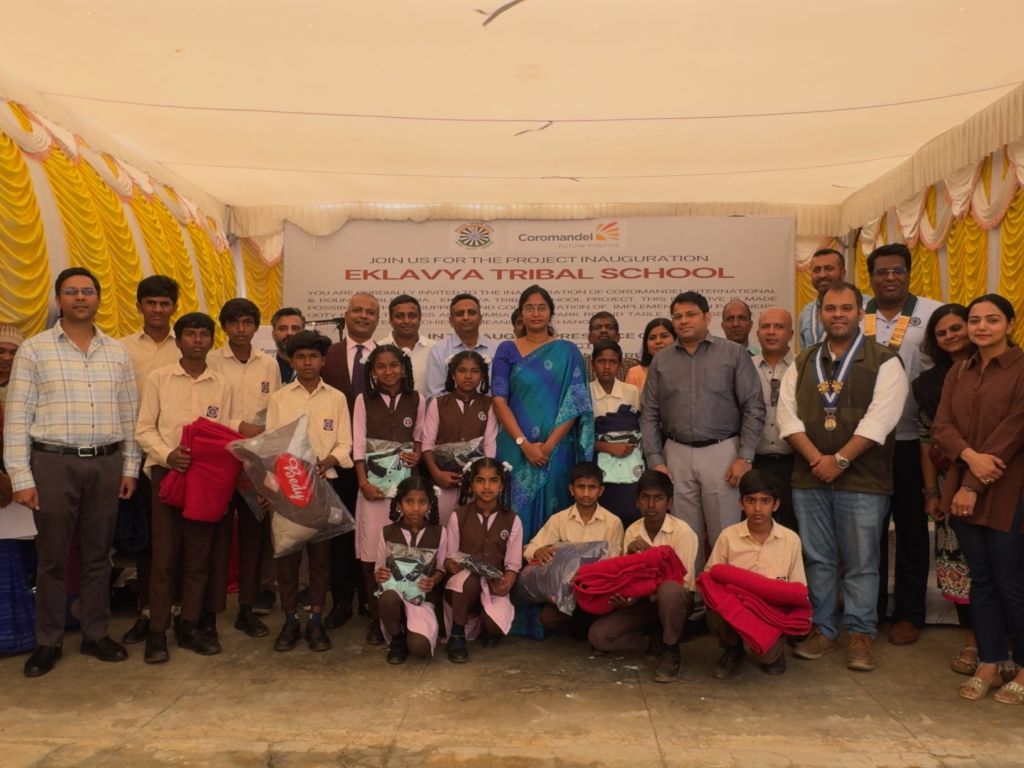‘It exceeds both expectations on fiscal management and policy initiatives in challenging global geo-economic scenario’
Saroj Kumar Mahapatra, Executive Director, PRADAN
This budget marks a significant step forward in agricultural development. By prioritizing agricultural research focused on climate-resilient crop varieties, it aims to bolster future food security and mitigate inflation risks. The substantial outlay of ₹1.52 lakh crore for the agricultural economy is a positive move for rural demand. Investment in agriculture and employability/skilling is poised to yield future productivity gains. 1 crore farmers will be initiated into natural farming, supported by branding and certification in the coming two years. 10,000 bio-input resource centers will also be established. These agricultural reforms are designed to enhance rural incomes and are expected to have a positive impact on credit demand and asset quality for lenders.
Announcement of 'Annadata,' highlighting higher Minimum Support Prices (MSP) for all major crops fulfils the promise to support farmers. Additionally, the PM Garib Kalyan Anna Yojana has been extended for five more years, benefiting over 80 crore
Ramesh Menon, Founder Director, Delhi Consortium
Finance Minister Nirmala Sitharaman has announced a monumental investment of ₹10 lakh crore to address the housing needs of 1 crore urban poor and middle-class families. This initiative marks a significant stride towards making urban housing more affordable for the “missing middle” in India. The local development authorities should take the lead in making the investments predictable and adhering to timelines. Policy paralysis especially, on participatory development like Land Pooling and Green Development Area needs to be gazetted at the earliest. A true PPP (Private- Public partnership) mode of development needs to be ushered in at the state / city level where authorities have to play the role of a facilitator and regulator; while predictable supply of dwelling units can be created by the private sector, across all price points.
Integrated development has to be the norm where infrastructure should precede real estate activity. Government service providing agencies can create physical and social infra while the private sector can create residential, commercial and recreational spaces.
Dr. B.B.L. Madhukar, Chairman – FORE School of Management, New Delhi
“The Union Budget 2024 marks a transformative step towards a brighter future for our nation. With a substantial allocation of ₹1.48 lakh crore for education and employment, we are investing in the minds of tomorrow. This significant investment will enhance the quality of education, promote skill development, and create numerous job opportunities, ensuring that our youth are well-equipped to meet the challenges of the future. Additionally, the introduction of education loans up to ₹10 lakh for students in domestic institutions will make higher education more accessible and affordable.
The budget’s emphasis on infrastructure development is a testament to our commitment to sustainable and inclusive growth. The allocation of ₹2.4 lakh crore for infrastructure projects, including roads, railways, and urban development, will not only boost economic activity but also improve connectivity and accessibility across the country. These initiatives are expected to generate employment, stimulate local economies, and enhance the overall quality of life for our citizens.
Together, these measures reflect a holistic approach to nation-building, where education and infrastructure are seen as the twin pillars of progress. By prioritizing these sectors, we are laying the foundation for a prosperous and equitable India, where every citizen has the opportunity to thrive and contribute to the nation’s growth.”
Gaurav Kedia, Chairman, Indian Biogas Association feels that the Union Budget 2024 is a leap towards Natural Farming
The Union Budget 2024 has unveiled a roadmap towards a sustainable and resilient India, with agriculture and energy security at its core. The announcement of initiatives to bring one crore farmers under natural farming, establish 10,000 bio input resource centres, and support FPOs for agri-product marketing are commendable steps.
These measures are set to significantly benefit the biogas sector. By promoting natural farming, there will be an increased demand for organic manure, a key byproduct of biogas production. The bio input resource centers can serve as hubs for knowledge dissemination and adoption of biogas technology. Moreover, the support to FPOs can facilitate the marketing of fermented organic manure (FOM) as a value-added product.
The budget's focus on productivity, resilience in agriculture, energy security, and innovation aligns well with the biogas sector's goals. It is anticipated that these initiatives will catalyze the growth of the biogas industry, leading to increased rural employment, reduced carbon emissions, and improved soil health.





